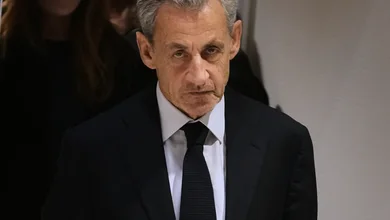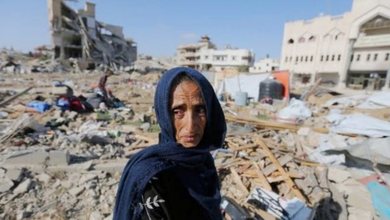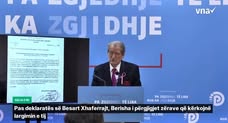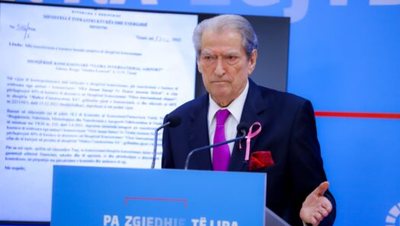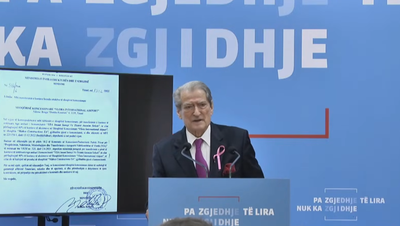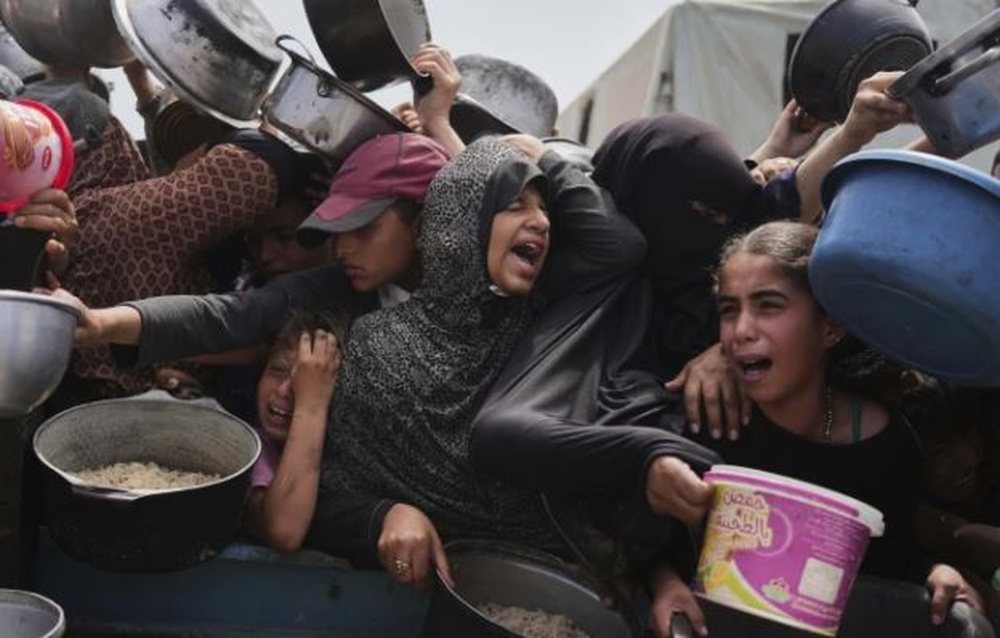
Gaza is experiencing a health "catastrophe" that will last for "generations to come," the Director-General of the World Health Organization (WHO), Tedros Adhanom Ghebreyesus, has warned.
He told BBC Radio 4's Today programme that a massive increase in aid is needed to begin addressing the complex needs of the population of the Strip.
Israel has allowed more medical supplies and other aid to pass into Gaza since a ceasefire with Hamas took effect on October 10, but Tedros added that the levels are below those needed to rebuild the territory's health care system.
His statement comes as the US tries to preserve a ceasefire it brokered after an outbreak of violence over the weekend.
The agreement has been described by the White House as the first phase of a 20-point peace plan that includes an increase in the amount of aid entering Gaza and supplies distributed "without interference" by either side.
Tedros told the Today program that he welcomed the ceasefire agreement, but added that the subsequent increase in aid had been smaller than expected.
Asked about the long-term health prospects in Gaza, he said, "If you take hunger and combine it with a mental health problem that we see widespread, then the situation is a crisis for generations to come."
On Tuesday, the UN World Food Programme announced that trucks carrying more than 6,700 tonnes of food had arrived since October 10, but this was still significantly below its target of 2,000 tonnes per day.
Six hundred aid trucks a day should arrive in Gaza, but the average is between 200 and 300, Tedros said.



